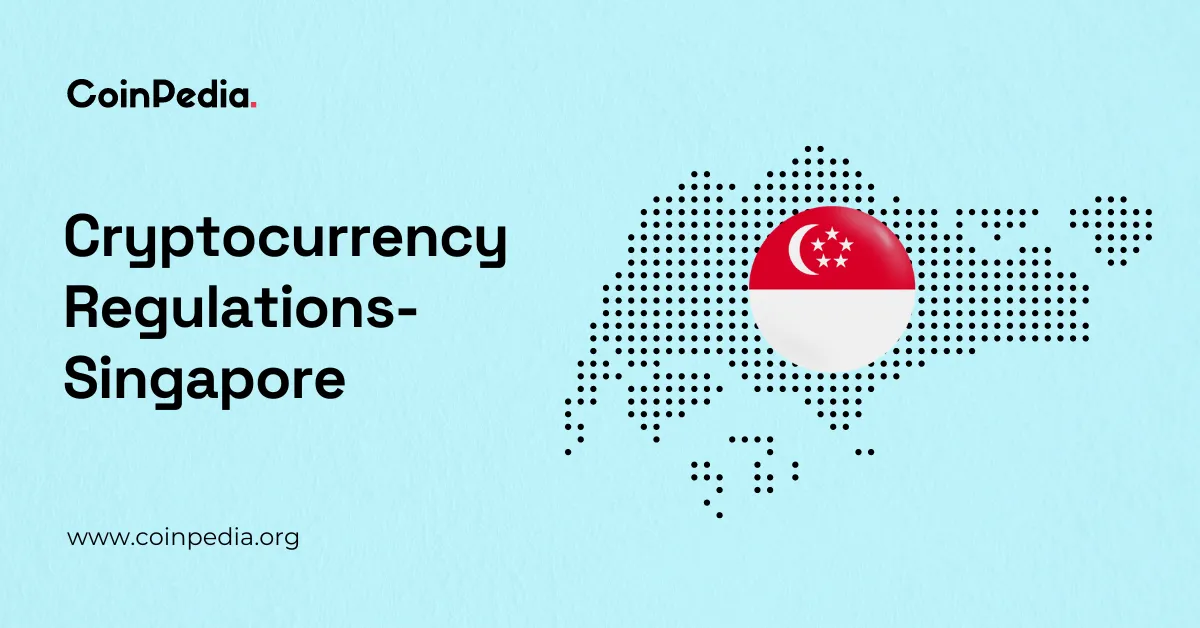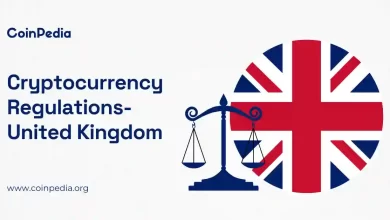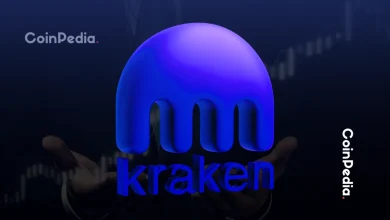
In 2025, Singapore continues to be a leading hub for cryptocurrency with a robust regulatory framework. Its digital asset innovation is guided by a proactive and evolving regulatory framework to enhance the rules and regulations of crypto.
Currently, Singapore is tightening its hold on security and transparency to curb money laundering. The new regulations also intend to enhance investors’ confidence in the crypto market.
Table of contents
Major Developments in Crypto Regulations in Singapore 2025
June 30, 2025- FMSA License
- Under the Financial Services and Markets Act 2022 (FSMA), all crypto firms based in Singapore offering cross-border crypto services must obtain a license.
- MAS clarifies that it is mandatory for the digital token service providers (DTSPs) offering services in Singapore to obtain a license.
- Failure to comply will result in a penalty, including fines up to SGD 250,000 and prison terms of up to three years.
June 6, 2025– Monetary Authority Of Singapore (MAS):
- This approach will be implemented in June. It aims to enhance the safeguards for digital payment token (DPT) service providers, including crypto exchanges, and protect retail investors.
- Under consumer protection measures, lending and staking services for retail customers are now restricted to reduce risk exposures.
Stablecoin Regulation in 2025:
- Stablecoin issuers must be regulated under the Payment Services Act for providing “stablecoin issuance services”.
- The only stablecoins that follow strict requirements set by MAS, ensuring higher standards of solvency and consumer protection, will be labeled as “MAS-regulated stablecoin.”
Updates stricter marketing and promotion rules:
- In 2025, the MAS expanded its regulatory update regarding security for investors in crypto trading.
- This amendment includes measures to protect customer assets, disclose risks to retail customers, and handle conflicts of interest.
Snapshot of key regulations in 2025:
| AREA | REQUIREMENT/ CHANGE |
| Licensing | Mandatory for all DPT providers under PS Act |
| AML/CFT | Enhanced due diligence, monitoring, and reporting |
| Consumer protection | Safeguards of assets, audit functions, and restrictions on retail lending |
| Stablecoins | Regulated issuance, ‘MAS-regulated’ |
| Marketing | Risk disclosure required |
| Taxation | GST exemption |
| Cross-border services | Overseas providers must comply with Singapore’s regulations |
What The Government and Regulators are Saying
Monetary Authority of Singapore (MAS): Serves as the country’s central bank and integral financial regulator. It oversees licensing businesses that provide “digital payment tokens”, such as crypto exchanges and digital wallet providers.
MAS enforces anti-money laundering (AML), counter-terrorist financing (CFT), and KYC standards for crypto investors. It prohibits misleading tactics, protecting the users from crypto fraud.
Crypto License in Singapore 2025
- The license regulation started from June 30, clarified that the Digital token service providers (DTSPs) will have to cease activities without an official MAS-regulated license.
- There are no big changes to what licensed providers can do, and no transition period is given for service providers.
Crypto Tax 2025 in Singapore
- No Capital Gains Tax: Singapore does not impose capital gains tax on profit from selling or trading cryptocurrencies. Selling or buying crypto as a personal investment is entirely tax-free.
- Income tax: Trading crypto as a business or receiving it as a payment for goods or services is subject to Singapore’s standard income tax. This law applies to all professional traders and crypto-related businesses.
- Goods and Services Tax (GST): An 8% GST applies to fees in crypto transactions. However, buying and selling cryptocurrencies themselves are generally exempt from GST. Airdrops, mining, Staking, and ICOs are subject to income tax.
- Reporting: The crypto in income tax is required to be reported annually. The deadline for e-filing is April 18, 2025, and for paper filing, it is April 15, 2025.
Crypto Adoption in 2025
- 29% of Singapore residents have owned or currently own cryptocurrency. This marks a significant decrease from 40% in 2024.
- 23% of crypto users in Singapore believe Bitcoin will surpass $250,000 by 2030. Currently, 28% of crypto investors hold a memecoin.
- Government Holdings: No official disclosure yet; policies prioritize fostering an innovative and responsible digital asset ecosystem while mitigating risks.
Summary Table of 2025:
| CRITERIA | VALUE IN 2025 |
| Crypto adoption rate (ownership) | 29% |
| Crypto adoption rate in 2024 | 40% |
| Public awareness of crypto | 94% |
| Most popular cryptos (among investors) | Bitcoin 68% & Ethereum 48% |
| Investors holdings > 1 type of crypto | 79% |
| Investors confident in mainstream adoption | 57% |
| Singapore’s global crypto ownership rank | 2nd |
| Singapore’s crypto-friendly city rank | 4th |
Conclusion
Nearly half of crypto users in Singapore exited the market in 2025. Among them, 67% made significant profits from selling their holdings. The Singaporean government recognizes the potential of cryptocurrency and other digital assets but continues to prioritize consumer protection and financial stability. Authorities have repeatedly advised investors to exercise caution when entering the market.
Never Miss a Beat in the Crypto World!
Stay ahead with breaking news, expert analysis, and real-time updates on the latest trends in Bitcoin, altcoins, DeFi, NFTs, and more.
FAQs
Yes, Singapore is widely considered a highly crypto-friendly country in 2025. It boasts a robust, evolving regulatory framework, no capital gains tax on personal crypto investments, and a thriving blockchain ecosystem. The Monetary Authority of Singapore (MAS) actively supports crypto innovation while prioritizing consumer protection and financial stability.
For individual investors, Singapore imposes no capital gains tax on profits from selling or trading cryptocurrencies. However, if you trade crypto as a business or receive it as payment for goods/services, it’s subject to standard income tax. Generally, buying/selling crypto is exempt from Goods and Services Tax (GST), but an 8% GST applies to transaction fees.
The Monetary Authority of Singapore (MAS) is the primary government body responsible for overseeing and regulating crypto operations in Singapore. As the country’s central bank and integral financial regulator, MAS issues licenses for Digital Payment Token (DPT) service providers, enforces AML/CFT standards, and sets rules for stablecoins and consumer protection.
Trust with CoinPedia:
CoinPedia has been delivering accurate and timely cryptocurrency and blockchain updates since 2017. All content is created by our expert panel of analysts and journalists, following strict Editorial Guidelines based on E-E-A-T (Experience, Expertise, Authoritativeness, Trustworthiness). Every article is fact-checked against reputable sources to ensure accuracy, transparency, and reliability. Our review policy guarantees unbiased evaluations when recommending exchanges, platforms, or tools. We strive to provide timely updates about everything crypto & blockchain, right from startups to industry majors.
Investment Disclaimer:
All opinions and insights shared represent the author's own views on current market conditions. Please do your own research before making investment decisions. Neither the writer nor the publication assumes responsibility for your financial choices.
Sponsored and Advertisements:
Sponsored content and affiliate links may appear on our site. Advertisements are marked clearly, and our editorial content remains entirely independent from our ad partners.







